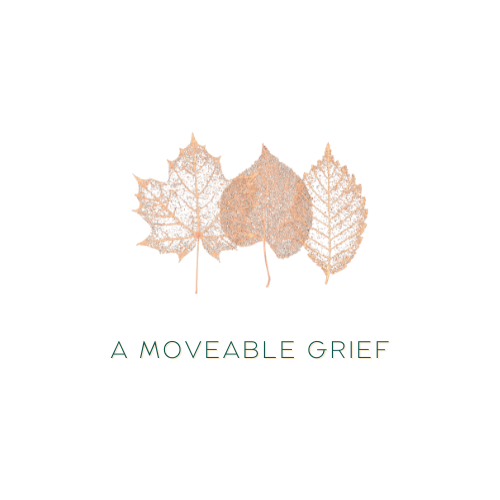Grief, Identity and Me
The thing about grief is that it’s not always about grief. It’s a complete identity crisis and rebirth. It’s post-traumatic growth.
Widow to widow, the grief process is hard.
I can’t tell you how to grieve, but maybe I can share how I’m carrying it, too. How sometimes it’s is smothering and I have to ride it out, and other times I have to conjure it up, remember how I got here, that I’m not just stuck in the middle of a day where Daryl is at work and I’m home. It’s utterly discombobulating, like I’ve come detached from time.
It takes a village to support someone who is mourning.
Sometimes, I’m so focused on rebuilding my life and my identity that I forget why I’m doing it. Things have to change and move. In one of the grief books (I think it’s one of David Kessler’s) they talk about a small village where, when someone dies, each person in the village moves something in their house to show that the world has changed. I think that’s beautiful. Flowers and cards are nice, but if each of my friends showed me a photo of something in their house that they added or deleted so they would remember Daryl? That would be amazing.
Because, if I’m honest, sometimes I feel forgotten. Like, people don’t want to bother me in my grief or remind me of it by mentioning it or talking about it.
Newsflash: Unless I completely lose my marbles, I am NEVER forgetting that my husband died. I have complete recall of his last days. But back to the “forgotten” part—if you know someone who has lost someone in their life, call them. Don’t think about if you’re bothering them, and don’t worry if they pick up or not. Just let them know you are there.
What does support look like to a grieving widow?
On Christmas, the handful of friends who texted me and the one who did call made a world of difference. Because sometimes I don’t know what I need, and often I don’t know how to ask for it. I’m trying to get better at thanking friends so they know they are doing the right things. I’m new to this too; there’s no right or wrong way to do it.
And that has given me some power, power to try, to not worry about what others think or if I’m going to fail. I literally think “What’s the worst that can happen?” and if it’s not having the love of your life die in your arms and it’s not going to hurt anyone else, then it’s probably worth doing. Yes, it’s macabre, but it’s also how we have to live with death while we are living and not fear it so much that we avoid living. So many people are here but really dead.




